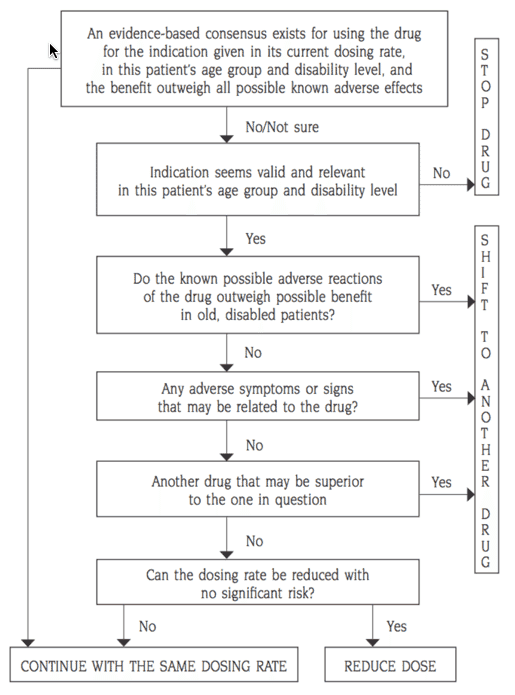
Somehow, somewhere, it became a good thing to be giving patients ten different medications to take. They call this practice polypharmacy, and it is an official policy of the United Kingdom and the United States governments, that polypharmacy is a good thing.
And that’s why we now have many people taking, at least, ten medications, or even twenty. Even five medications are often five medications to many if you ask me.
As I explained before, drugs are only tested to demonstrate improvements in “surrogate endpoints.”
So the drugs can kill you in 10 years, but if it lowers your blood sugar or your blood pressure this year, then it’s probably fine. That’s the philosophy of drug testing and drug approval in the Western world.
And if the drug is cheap and effective and not patented, there will never be any research on it except by a few fringe types which are best ignored. But don’t worry, the cooks will be bringing you the results of all these studies, even the ignored good studies. So here today we have an ignored good study.
One that shows how bad polypharmacy really is
 What makes the study brilliant is the approach that they took to systematically getting people off of drugs. Here’s the approach in one graphic:
What makes the study brilliant is the approach that they took to systematically getting people off of drugs. Here’s the approach in one graphic:
 They took people off of drugs that they didn’t need.
They took people off of drugs that they didn’t need.
So many people are on drugs that have no benefit for them at their age or passage life. It has nothing to do with costs.
It is evidence of the fact that the drug is just bad.
For example, statin drugs for people who are 60 or 70 years old are going to do nothing but bad things to them, with very little good.
Blood pressure medications especially ACE inhibitors tend to increase mortality in older people often by causing the sudden loss of consciousness resulting in falls that can break hips and prove fatal.
Proton pump inhibitors tend to increase Alzheimer’s disease and have a lot of negative impact on the entire body by lowering stomach acid.
In fact, just about every medication has terrible side effects. So these wonderful doctors who did the study took people off of medications.
The results are completely shocking and should be the harshest indictment of medicine and pharmacy you can imagine
The 1 year mortality rate was 45% in the control group and
21% in the study group
Think about that. Just by getting people off of medications that the doctor had been keeping them on, quite irresponsibly, cut half of the deaths that normally would have been expected happen.
They cut the death rate in half simply by cutting out some medications.
But that is not all.
Because sometimes when someone is old and infirm, and in a nursing home, as these people were, they need to be referred to an acute care facility where they get intensive care for a particular problem. This is expensive and disruptive. And very depressing for the older person.
Only 11.8% of the people in the study group had to go to acute-care, versus 30% of the people who hadn’t had their medications cut
I talked to a lot of men and women about the study. And nobody thinks it applies to them. They all say, “well I need my blood pressure medication, and I need my cholesterol medication, and I need my blood sugar and my diabetes medications.”
If you want to live long and prosper you don’t need them. Not to tell you that you shouldn’t take them because I’m not a doctor, and I’m not qualified to do that.
But if you were my mom or dad or sister or brother, I would do everything in my power to get you off of all those medications.
Why?
Because without those medications, you’ll live longer and be healthier and happier.
So how do you withdraw from medications?
You need to do this with your doctor. Or with your mother or father’s doctor, if you are caring for them.
The question came up that it is better to withdraw from one medication at a time, but with very old people, there may not be time to do that. And you may want to withdraw from all of them, or most of them, at once.
In nursing department patients, who have the shortest life expectancy and the worst quality of life, time is critical and they may suffer further deterioration due to drug-related problems from the remaining medications.
We therefore chose to withdraw several drugs simultaneously, while carefully monitoring for any clinical or laboratory adverse effects
Citations
The war against Polypharmacy: A New Cost-Effective Geriatric-Palliative Approach for Improving Drug Therapy in Disabled Elderly People
http://www.sas.ima.org.il/FilesUpload/IMAJ/0/46/23017.pdf
Click for more information on Drug Therapy, for information on Medicine, or for more on Caregiver Responsibility.
